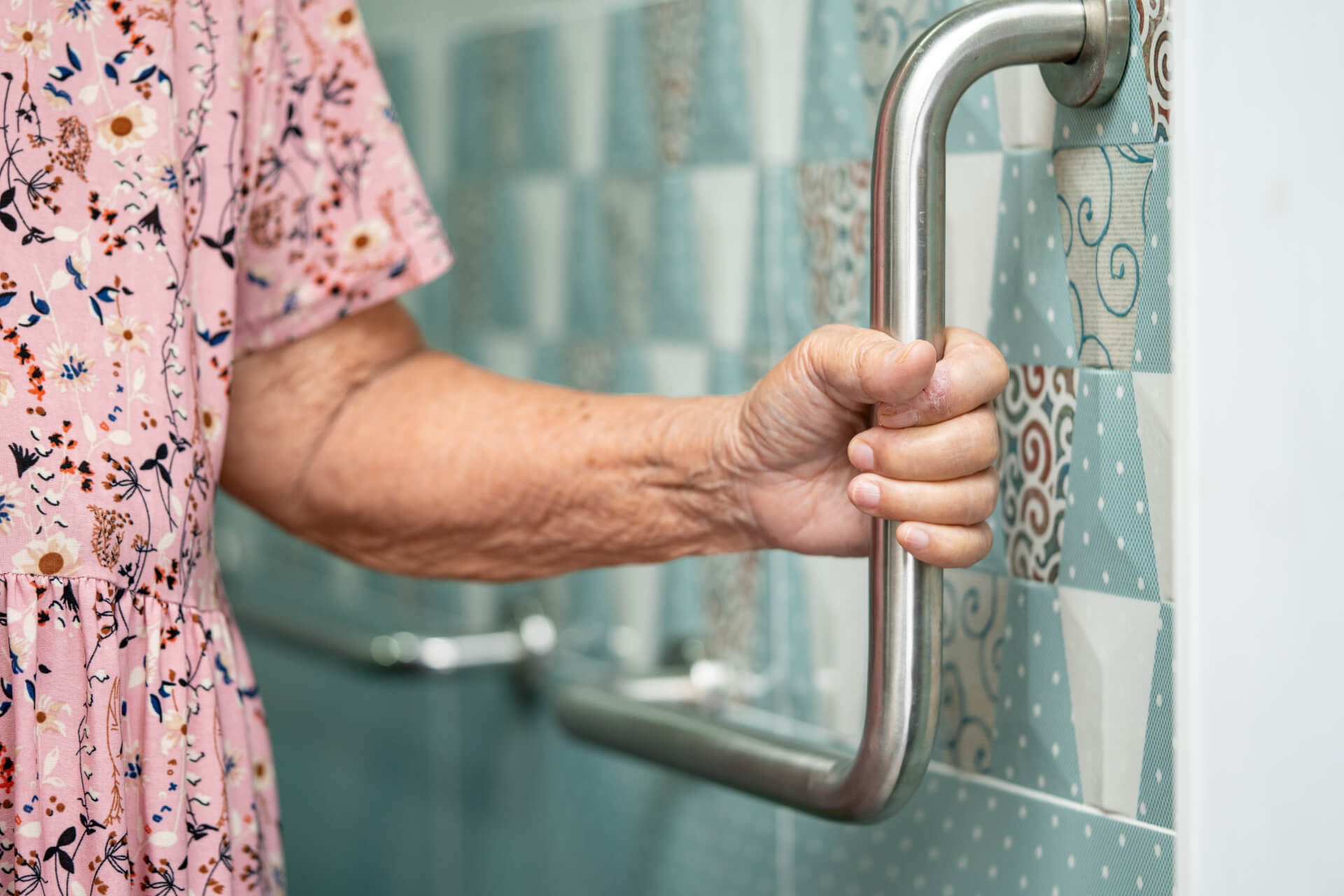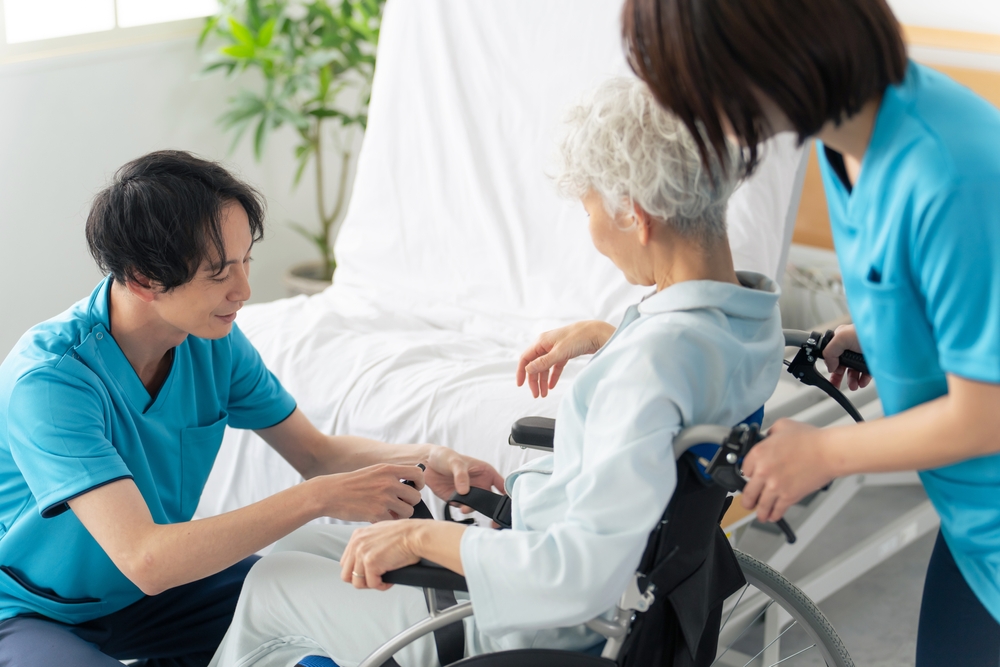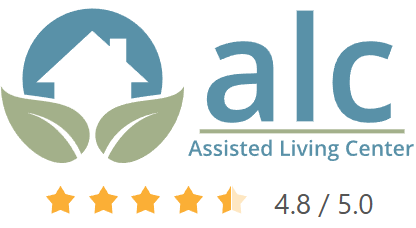
As our loved ones grow older, their safety becomes a top concern for families. From falls and medication errors to the risk of elder abuse and financial scams, seniors face a range of challenges that can affect their well-being. Many families worry about how to protect their aging relatives from accidents at home.
Luckily, with the help of experienced at-home caregivers in Los Angeles, these concerns can easily be addressed. From helping with everyday tasks to keeping an eye on potential risks, professional support ensures seniors stay safe and comfortable, giving families the reassurance they need.
What do seniors struggle with the most?

The problems faced by senior citizens as they age can significantly affect their physical, emotional, and social well-being. Some of the most common challenges include:
1. Accidental falls
In addition to common health issues, accidental falls are usually the biggest safety concern for seniors. Sadly, falls are one of the leading causes of injuries in older adults, and they often come with serious, lasting effects. A single fall can result in broken bones, head injuries, or even worse. Because seniors tend to have more fragile bones, the impact of a fall can be much more severe, sometimes leading to life-threatening complications, which is why preventing falls is so important for their safety.
To do this, families must ensure the home is safe. However, sometimes the issue isn’t just the environment but also the person’s physical or cognitive condition. Even with a well-prepared house, falls may still happen. It’s essential to consider other contributing factors before they occur.
2. Lack of strength and stability
People get weaker with age. Not only do seniors have weaker muscles but their bones are also weak and may not be able to provide the body with full support. This weakness also affects their flexibility and stability. It is because of this that most of them fall even in a safe environment.
The best way of dealing with this problem is by encouraging your elderly loved one to engage in light exercises. Simple, light, and regular physical activity can improve the strength of the bones and muscles. Highly-trained caregivers can help the elderly get regular physical exercise.
3. Improper medication use
Medication mishaps are a common concern that can easily be overlooked. It’s important to ensure your loved one has a clear medication schedule posted near their prescriptions. Also, using a special dispenser can help keep track of doses. This can be effective for seniors in the earlier stages of aging, but if your loved one is dealing with significant memory loss, it may be necessary to arrange for a professional to assist with medication reminders.
4. Wrong medication dosage
Some medications, like antidepressants or sedatives, can impact balance and alertness. Overdosing or even taking the right dose can affect their stability. In these cases, it’s important to have a trusted caregiver help with administering medications. Also, regular check-ins with medical professionals can ensure your loved one is on the right treatment plan.
5. Poor vision
Vision decline often occurs so gradually that seniors and their families may not realize how much their eyesight has weakened. However, caregivers can help identify potential hazards for elderly people by looking out for the following behaviors:
- Holding objects closer or farther away than usual
- Tripping over items that are normally easy to avoid
- Skipping activities like sewing, reading, or other activities they once enjoyed
- Knocking things off tables or counters when trying to pick them up
- Reaching for walls or furniture to steady themselves when walking
For seniors still driving, more accidents or unsafe behaviors may be a sign of declining vision. It’s important to bring this up with your loved one and ensure an eye exam is scheduled to address the issue and prevent potential risks.
6. Chronic health conditions
Chronic health conditions like heart disease, arthritis, or diabetes can have a big impact on a senior’s stability and overall quality of life. For example, a heart attack or stroke can suddenly lead to a dangerous fall. These conditions often need ongoing care and can limit mobility, increasing the risk of accidents. The first step in managing chronic health issues is understanding the specific challenges your loved one is facing and working with healthcare providers to find the best treatment and care options. With the right medical attention and a personalized care plan for senior care, they can still maintain a good quality of life despite these health challenges.
7. Cognitive decline
Memory loss, dementia, and Alzheimer’s disease can severely impact a senior’s ability to manage everyday tasks, such as remembering appointments, taking medications, or even recognizing familiar faces. These cognitive challenges not only make it difficult for them to maintain their independence but also affect personal relationships. As a result, many seniors experience confusion, frustration, and eventually social isolation, which can further impact their emotional well-being.
8. Social isolation and loneliness
Social isolation and loneliness are common challenges for many seniors as their social circles often shrink over time. This can happen due to the loss of friends, limited mobility that makes it harder to participate in activities, or family members living far away. Without regular social interaction, seniors can start to feel disconnected and may struggle to trust other people or feel like they can’t relate, which can lead to feelings of sadness, depression, and anxiety. The emotional impact of loneliness can affect both their mental and physical health, highlighting the importance of staying engaged through community programs, family visits, or support from caregivers. Finding ways to help them stay socially active is essential for their overall well-being.
What are the practical ways to prevent hazards and risks in caregiving?
Since many seniors may be hesitant or unable to adjust to changes in their lives, it’s important to know some practical ways to reduce hazards and risks:
- Create a safe home environment: Remove tripping hazards like loose rugs, clutter, or exposed cords, and install grab bars in places like the bathroom and along stairs to prevent falls.
- Use proper lifting techniques: You should know how to safely lift and transfer their loved ones to avoid injury. When needed, use assistive devices like canes or walkers to improve stability and reduce the risk of falls.
- Manage medications carefully: Keep medications organized with pill boxes or set reminders to ensure the correct doses are taken on time and avoid any mix-ups.
- Watch for changes in health: Stay alert to any shifts in physical or mental health. Catching issues early can help prevent more serious problems or accidents.
- Promote good nutrition and hydration: Ensure your loved one eats well-balanced meals and drinks enough water to prevent weakness, confusion, and falls.
- Schedule regular health checkups: Regular visits to the doctor can help catch and manage health issues before they worsen, providing peace of mind and better care.
- Keep the care plan up to date: Regularly review the care plan with healthcare professionals to make sure it addresses any new or changing health needs.
- Communicate regularly: Stay in touch with family members, healthcare providers, and other caregivers to keep everyone on the same page about the senior’s care and potential risks.
- Be prepared for emergencies: Caregivers should be trained in basic emergency procedures like CPR and first aid, so they can respond quickly in case of a fall or medical emergency.
Where can I find experienced caregivers who’ll keep my elderly relative safe?

When addressing the everyday problems for elderly senior citizens, selecting the right care is crucial, as it provides both peace of mind and the necessary support. A Better Way in Home Care provides a level of personalized, cost-effective elderly in-home care that independent caregivers simply can’t match. With a network of skilled senior caregivers across Beverly Hills, we ensure that your loved one receives compassionate treatment tailored to their needs, empowering them to live safely and comfortably at home.
Whether you’re looking for 24-hour care or just part-time support, you can rest assured that qualified caregivers we connect you with are committed to making life at home not only safer but also more fulfilling for seniors. From assisting with mobility and personal hygiene to offering companionship and preparing balanced meals, our caregivers ensure that your loved one can truly enjoy their golden years with dignity and happiness. Reach out today and give your loved one the best care possible, right in the comfort of their own home.








